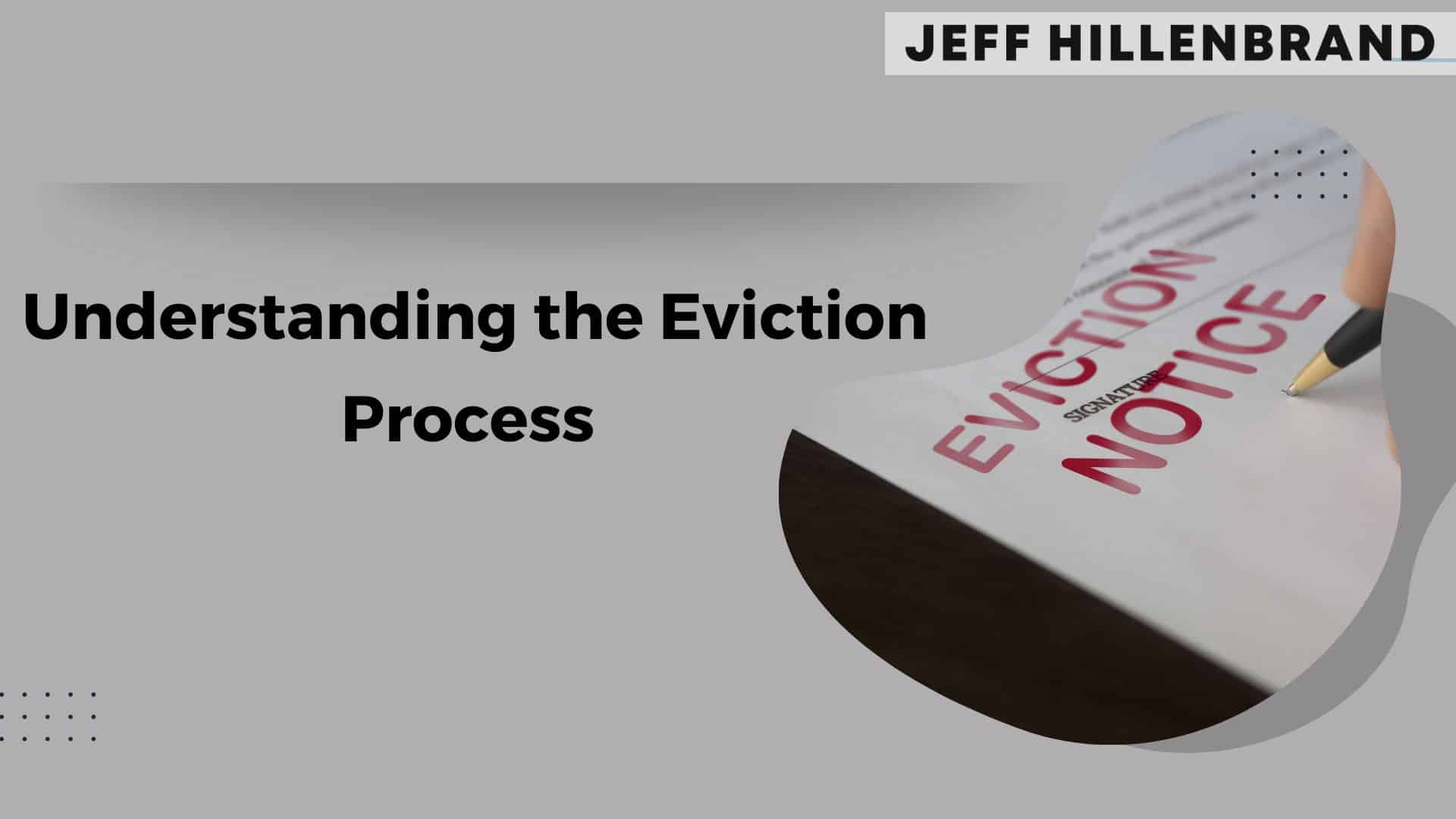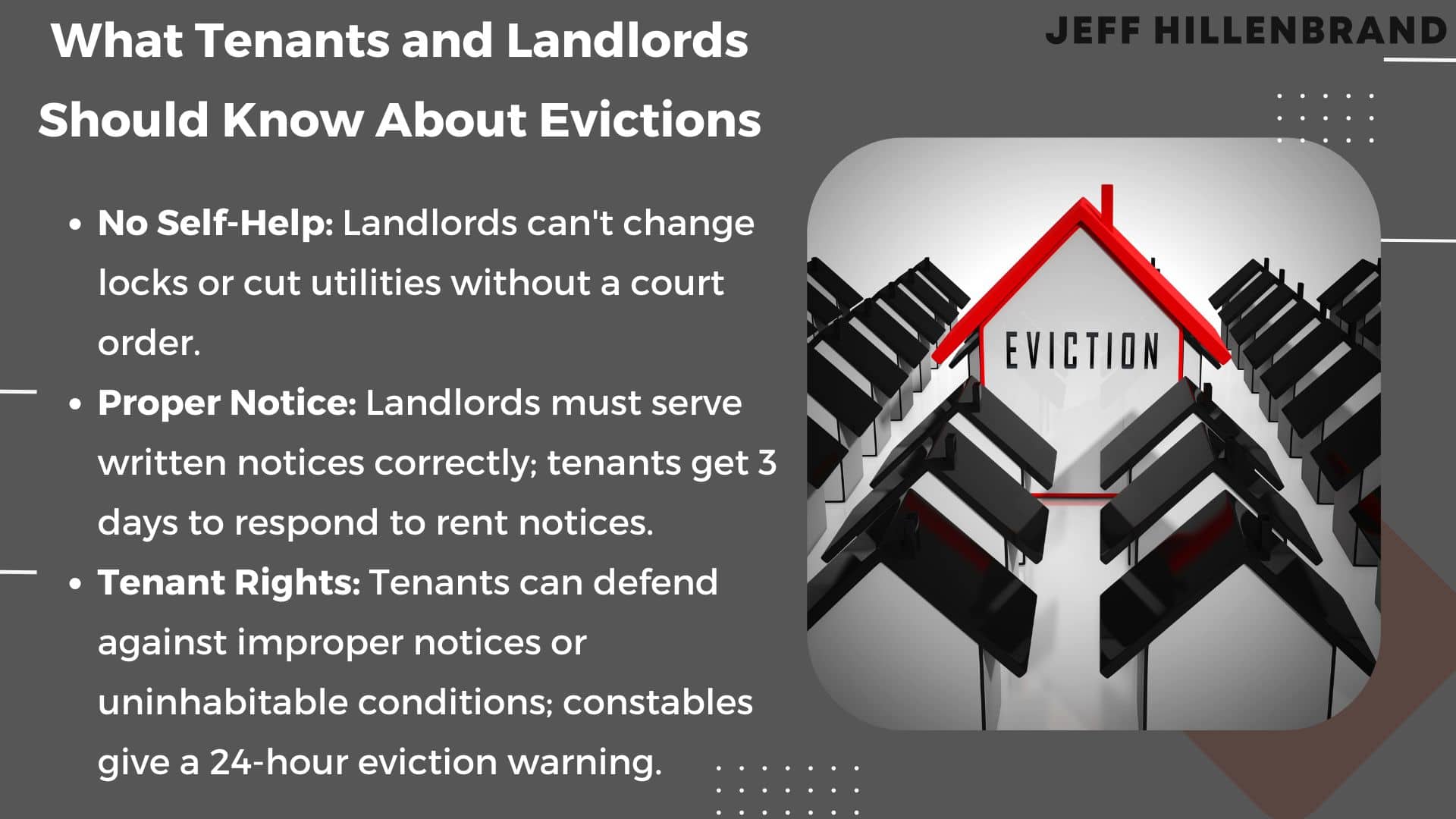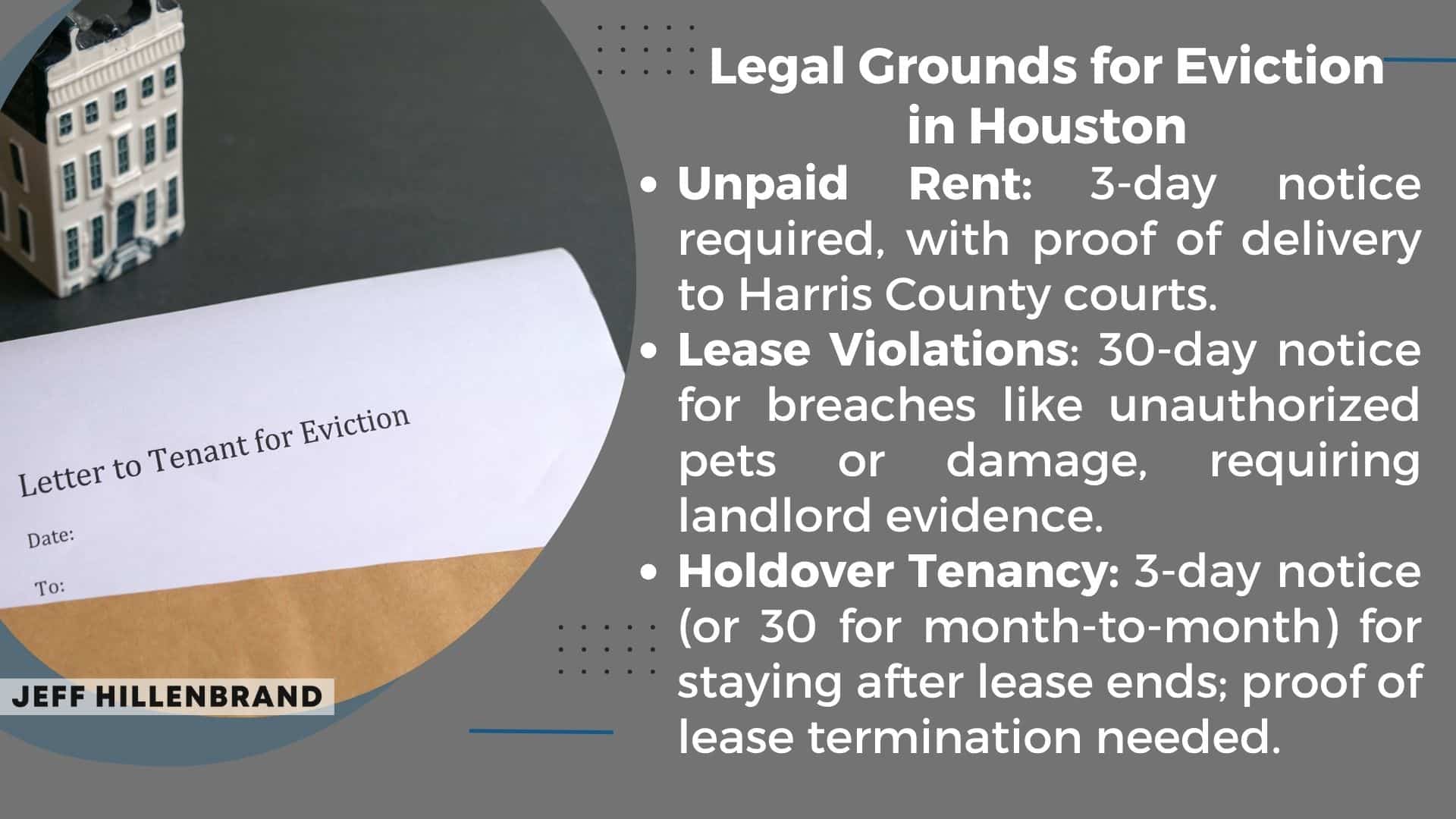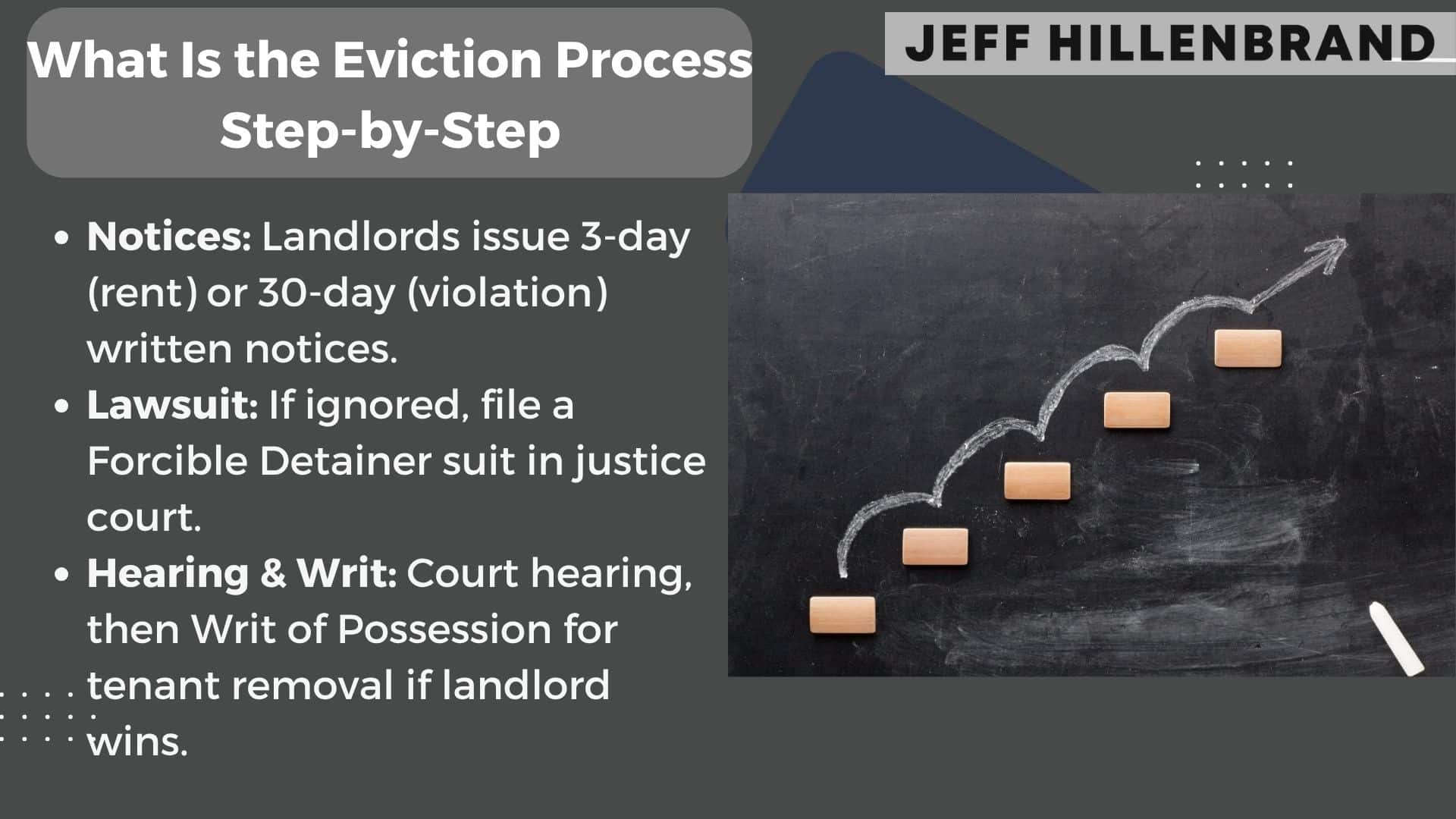
In 2023, Harris County saw over 35,000 eviction filings. This number is enough to fill Minute Maid Park twice. It shows why landlords and tenants need to understand local housing laws. Houston follows Texas Property Code §24.005, with specific notice periods different from other big cities.
We’ve worked on hundreds of housing cases in Harris County Justice Courts. Proper documentation is key – 42% of filings are dismissed because of mistakes. Texas law requires written notices three days before filing for nonpayment. But, lease violations need different steps.
Our team knows Houston’s unique rules well. Unlike Dallas or Austin, Houston courts focus on cases based on precinct backlogs. Knowing these details helps landlords protect their investments and follow the law. Tenants facing eviction also benefit from understanding their rights under Chapter 24 timelines.
Key Takeaways
- Harris County evictions follow strict Texas Property Code timelines
- Three-day notices differ from cure-or-vacate requirements
- Justice courts handle filings through precinct-specific procedures
- Documentation errors cause nearly half of case dismissals
- Local backlogs impact hearing scheduling significantly
- Tenants retain specific rights during legal proceedings
What Tenants and Landlords Should Know About Evictions

In Texas, both renters and property owners have clear roles in evictions. Many issues come from not understanding lockouts and utility access. For instance, landlords can’t legally change locks or turn off utilities without a court order. This is considered illegal “self-help” retaliation under Texas Property Code § 92.0081.
Landlords must use the right ways to give notices to avoid mistakes. They should serve written notices through:
- Certified mail with return receipt
- In-person hand delivery
- Posting on the tenant’s door if other methods fail
Tenants have 3 business days to reply to notices about late rent. If not solved, landlords can start a lawsuit. But tenants can defend themselves with:
- Incomplete or improperly served notices
- Landlord acceptance of partial payments after notice
- Uninhabitable living conditions violating warranty of habitability
Rules for writ of possession require constables to warn occupants 24 hours before eviction. Both sides should keep records of all talks and lease agreements. Our guide helps avoid costly errors by explaining timelines for responses and appeals.
Legal Grounds for Eviction in Houston

Understanding eviction laws in Houston is key. The state has rules, but local courts have their own ways. We’ll look at three main reasons landlords can evict tenants legally.
Nonpayment of Rent Requirements
Texas Property Code §24.005 says landlords must give a 3-day notice for unpaid rent. In Houston, landlords need to:
- Clearly state the amount owed
- Include how to pay
- Warn about what happens if not paid
Harris County courts need proof the notice was given. If tenants pay up in time, including late fees under $12, they can avoid eviction.
Lease Violation Protocols
Breaking rules like having unauthorized pets or property damage needs a 30-day notice. Landlords must:
- Take photos or get witness statements
- Point out the exact lease clause broken
- Give time to fix issues where possible
If problems aren’t fixed in time, landlords can start an eviction lawsuit. Courts might throw out cases without the right proof.
Holdover Tenancy Situations
When tenants stay after their lease ends, they get a 3-day notice. For month-to-month renters, it’s 30 days. It’s wise to:
- Send notices by certified mail
- Keep track of when they need to move out
- Start eviction suits within 60 days
In Harris County, landlords must prove the lease ended. Having a written agreement helps avoid arguments.
What Is the Eviction Process Step-by-Step

Understanding Houston’s eviction process is key. It involves legal steps from notice to writ execution. We’ll outline the timeline and important actions landlords must take. This ensures both parties’ rights are protected and court rules are followed.
1. Required Written Notices
Texas law requires specific written notices before starting an eviction case. These notices state the legal reasons for eviction and begin the formal process.
3-Day Notice to Vacate Requirements
For cases of unpaid rent, landlords must give a 3-Day Notice to Vacate. Harris County constables serve this notice within 6 business days. The notice must include:
- Exact rent amount owed
- Payment deadline (3 calendar days)
- Lease agreement references
Termination for Lease Violations
For non-monetary breaches, a 30-Day Notice to Quit is needed. This applies to issues like unauthorized occupants or property damage. Landlords must specify:
- Violation details
- Cure period (if applicable)
- Move-out deadline
2. Filing the Forcible Detainer Suit
If tenants don’t comply with notices, landlords file a Forcible Detainer petition at the justice court. Our team handles:
- Completing Precinct-specific forms
- Paying $121 filing fee (2024 rates)
- Serving defendants via certified mail or constable
3. Court Hearing Process
Hearings happen 10-21 days after filing. Tenants can defend themselves by showing improper notice or payment proof. Judges may grant continuances for valid reasons, extending cases up to 45 days. We recommend preparing:
- Lease agreements
- Payment records
- Communication logs
4. Writ of Possession Execution
After winning the case, landlords request a Writ of Possession within 5 business days. Constables then schedule property recovery 24-72 hours later. Tenants have 5 days to appeal but must post bond equal to one month’s rent. Final steps include:
- Coordinating lock changes
- Supervising move-outs
- Documenting property condition
Tenant Rights During Eviction Proceedings

Houston renters facing eviction have important rights. Many don’t know about these protections. Our team helps people understand these rights and follow Texas property codes.
We often see how knowing these rights can change the outcome of a case.
Legal Protections Under Texas Law
Texas law stops landlords from taking revenge on tenants who report problems or ask for repairs. The Houston Housing Rights Office found 17 cases where wrong notice formats led to eviction filings being thrown out. Federal laws also protect against discrimination based on race, religion, or disability during eviction attempts.
Recent Harris County court records show tenants won by proving:
- Undocumented maintenance requests
- Last-minute rent acceptance without proper accounting
- Failure to provide required lease violation notices
Requesting Jury Trials
Tenants can ask for a jury trial within three days of getting their eviction lawsuit notice. This move changes the case from Justice Court to County Court. It often gives more time to gather evidence.
Choosing a jury trial can add 30-45 days to the usual eviction timeline.
Important things to consider for jury trials include:
- Filing fees waived for low-income households
- Mandatory mediation attempts before trial dates
- Presentation of physical evidence like payment receipts
Last month, a Third Ward resident stopped a wrongful eviction by showing text messages of rent payments. The jury found the landlord didn’t follow Texas Property Code §92.331 properly.
Responding to an Eviction Notice
An eviction notice doesn’t mean you have to leave right away. It’s important to know how to respond under Texas law. In Harris County, tenants have rights to fight evictions or settle payment issues before court. We’ll show you how to protect your home while following local laws.
Valid Defenses in Houston Courts
Texas law lets tenants fight evictions if landlords don’t follow the rules. Common reasons include:
- Improper notice: Landlords must give written notices with specific times (3 days for nonpayment, 30 days for lease violations).
- Retaliation claims: Evictions within 6 months of repair requests or code violations might be invalid.
- COVID-19 protections: Some pandemic-era payment deals can be valid if written down.
Payment Options to Stop Eviction
Houston tenants can stop evictions by paying owed rent before court judgments. Harris County Justice Courts need:
- Full payment or a court-approved partial agreement 3 business days before hearings
- Official receipts from certified checks, money orders, or online portals—cash payments without proof might be rejected
- Proof of financial hardship for COVID-related delays, like employer letters or medical bills
Partial payments can reset eviction timelines if landlords agree. Always get a signed agreement to confirm terms. For example, the Harris County Clerk’s Office says 62% of 2023 eviction cases were about receipt disputes. This shows the importance of keeping detailed records.
Eviction Timeline and Consequences
Knowing how fast evictions go through Houston courts is key for both tenants and landlords. Harris County’s big case load makes timelines hard to predict, even with rules in place.
Typical Case Duration
Most evictions in Houston take 21-60 days from the start to when the tenant must leave. Several things can speed up or slow down the process:
- Court backlog: Harris County handles 40% of Texas eviction cases, leading to hearings 2-3 weeks later
- Tenant response: If the tenant pays or fights the eviction, it can take 10-15 more days
- Trial requests: Asking for a jury can add 30+ days
In comparison, Travis County (Austin) takes 45-75 days for similar cases. This is because of tenant protection programs there.
Impact on Rental History
Evictions in Texas have long-lasting effects on rental history:
- Credit reports: 78% of Houston landlords report evictions to Equifax, Experian, or TransUnion
- Rental applications: Evictions are flagged on rental apps for 7 years
- Public housing: HUD won’t accept applicants with evictions for 3 years
We suggest making “move-out agreements” instead of going to court. This can help avoid bad marks on rental history. Some landlords in Houston might even remove negative marks if tenants leave on their own.
How We Can Assist With Housing Challenges
Housing challenges in Houston need reliable help and local knowledge. At New Homes Houston Texas, we offer personalized support. We help both tenants and landlords deal with tough situations and follow Texas property laws.
- Lease Agreement Reviews: We check rental contracts for unclear terms or possible issues before they get worse.
- Court Procedure Explanations: Our Houston experts explain legal steps in easy-to-understand ways during meetings.
- Tenant-Landlord Communication: We offer tips on how to solve problems through respectful talks.
People can call our housing advocates at (954) 821-4492 to talk about their issues. Our office near downtown Houston has flexible hours for meetings about rental agreements or stopping evictions.
We aim to empower clients by teaching them about their rights and duties. Even though we don’t offer legal advice, our resources help people make smart choices when facing housing problems.
Conclusion
Understanding Houston’s eviction process is key. It’s different from other Texas counties. Landlords must follow strict notice rules. Tenants have rights to contest or negotiate.
Harris County courts focus on Texas Property Code standards. This makes legal details very important for both sides.
Our team knows Houston’s landlord-tenant law well. We guide through eviction notices, court hearings, and writ executions. We help landlords and support tenants facing housing issues.
We have over a decade of experience in Houston. We tackle unique challenges like holdover tenancies and lease violations.
Tenants have rights like jury trials and defenses against bad notices. Landlords get clear on writ timelines and what documents are needed. This shows why Houston’s eviction process needs local expertise.
Our knowledge helps solve disputes over unpaid rent or lease issues. For help on eviction timelines, tenant rights, or Harris County procedures, contact us.




